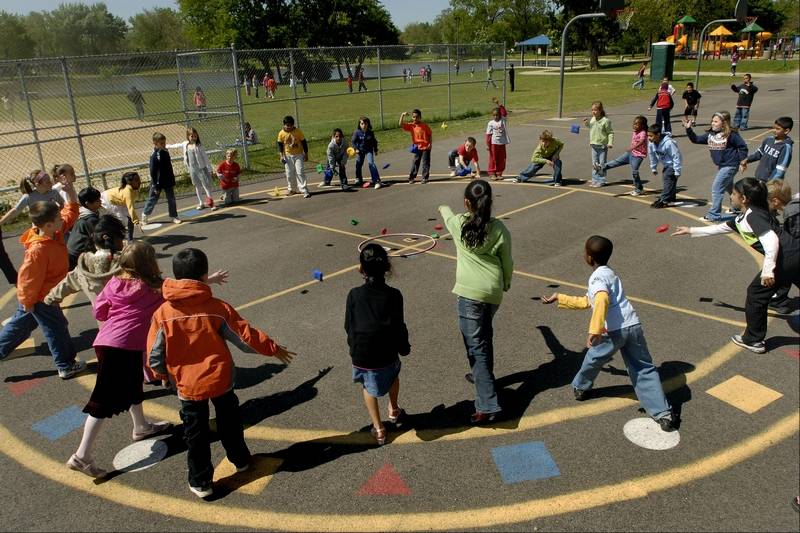We have long known that children, learn more while they play: not just about the world around them but about themselves. They learn how to analyze information and how to make decisions. They learn how to create, deduce, share, and compromise. They learn both independence and interdependence.
Knowing this about children, then, why is it that our educational system is so quick to reduce the amount of playtime in school aged children? Or, perhaps, why does it seem to become a lesser and lesser priority—if at all—as children progress through the grades?
Enumerable psychologist and education administrators have argued for the merits of play in the development of children. As recess is quickly becoming a thing of the past, these advocates continue to argue for the necessity of playtime among America’s children.
 While government agencies appear to want more kids to spend time learning math and engineering and science and technology, study after study reminds us the best way for kids to learn about nature is to be among it; the best way for children to learn about science is to analyze the world around them; the best way for a child to become a more profound member of a community is to let them form relationships on the playground.
While government agencies appear to want more kids to spend time learning math and engineering and science and technology, study after study reminds us the best way for kids to learn about nature is to be among it; the best way for children to learn about science is to analyze the world around them; the best way for a child to become a more profound member of a community is to let them form relationships on the playground.
Indeed, studies have actually proven that the more time a school dedicates to play, the more rewards that school will see in terms of each student’s character development, relationship building, academic achievement, physical health, and overall safety.
As such, an Oakland-based company is leading the charge for a new recess revolution. Playworks was founded in 1996 by Jill Vialet, who designed the program to provide schools with a foundation of loosely structured activities focusing on skills elementary students should be learning. The program employs, typically, college students, to use the 300+ plus games (including almost 40 variations of the basic “tag” game) and is already used in more than 1,000 schools in the United States.
This might sound well and good, but the results back up the theory. Stanford University conducted a study in 2013 to determine that the Playworks model led to an increase of 20 percent in feelings of safety, 43 percent in physical activity and 34 percent in efficiency between transferring from recess to class. More importantly, perhaps, it also led to 43 percent less bullying.
